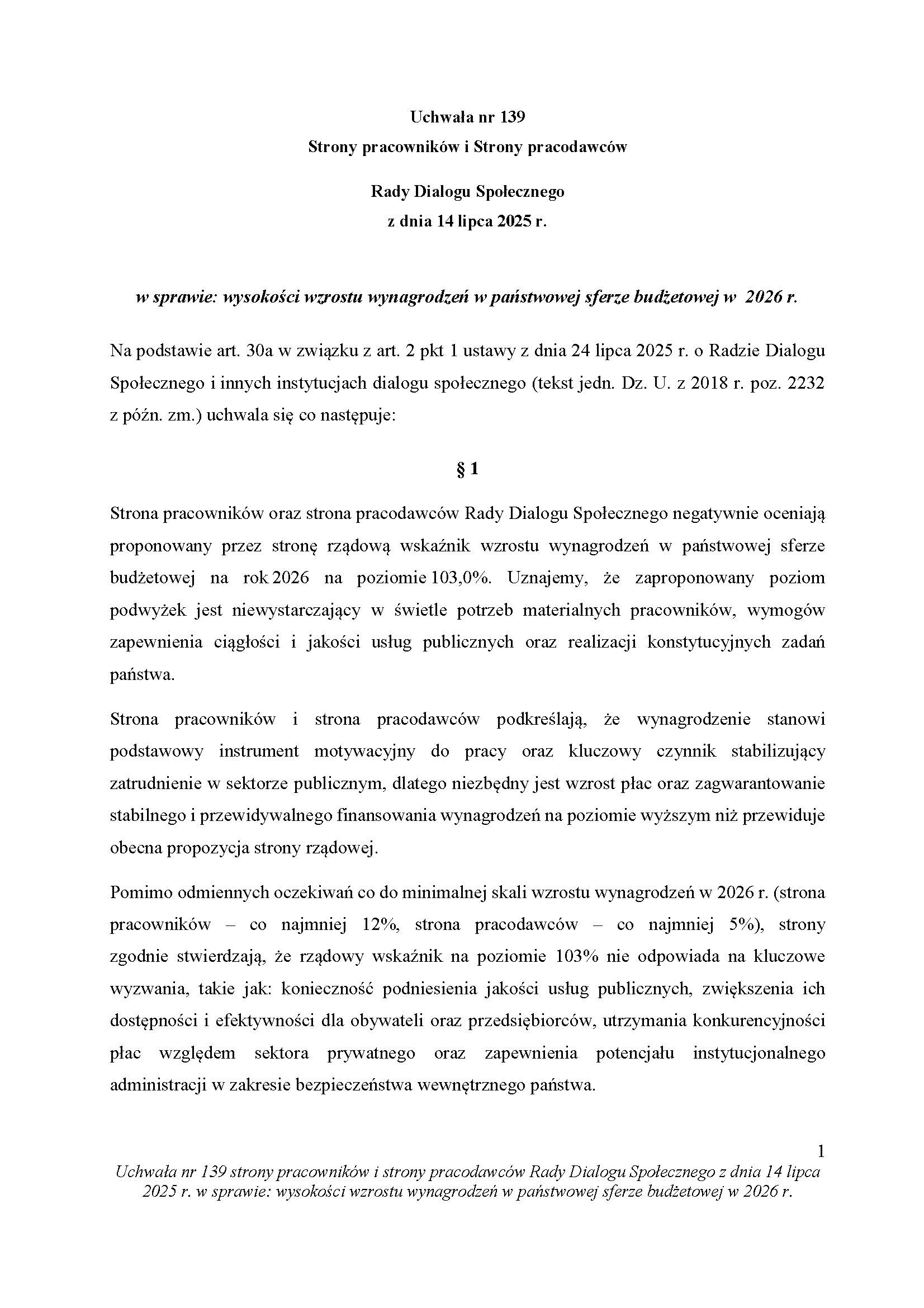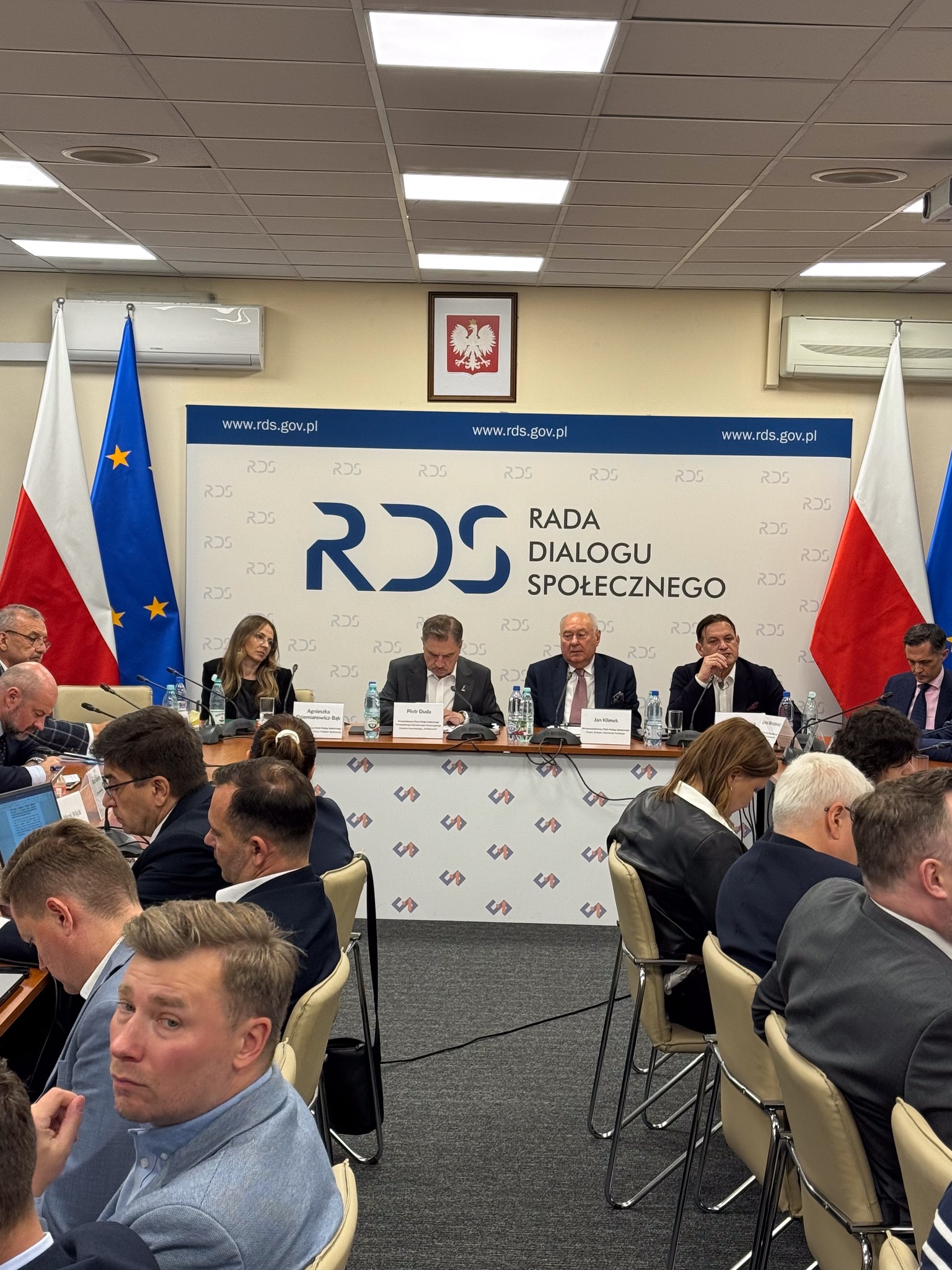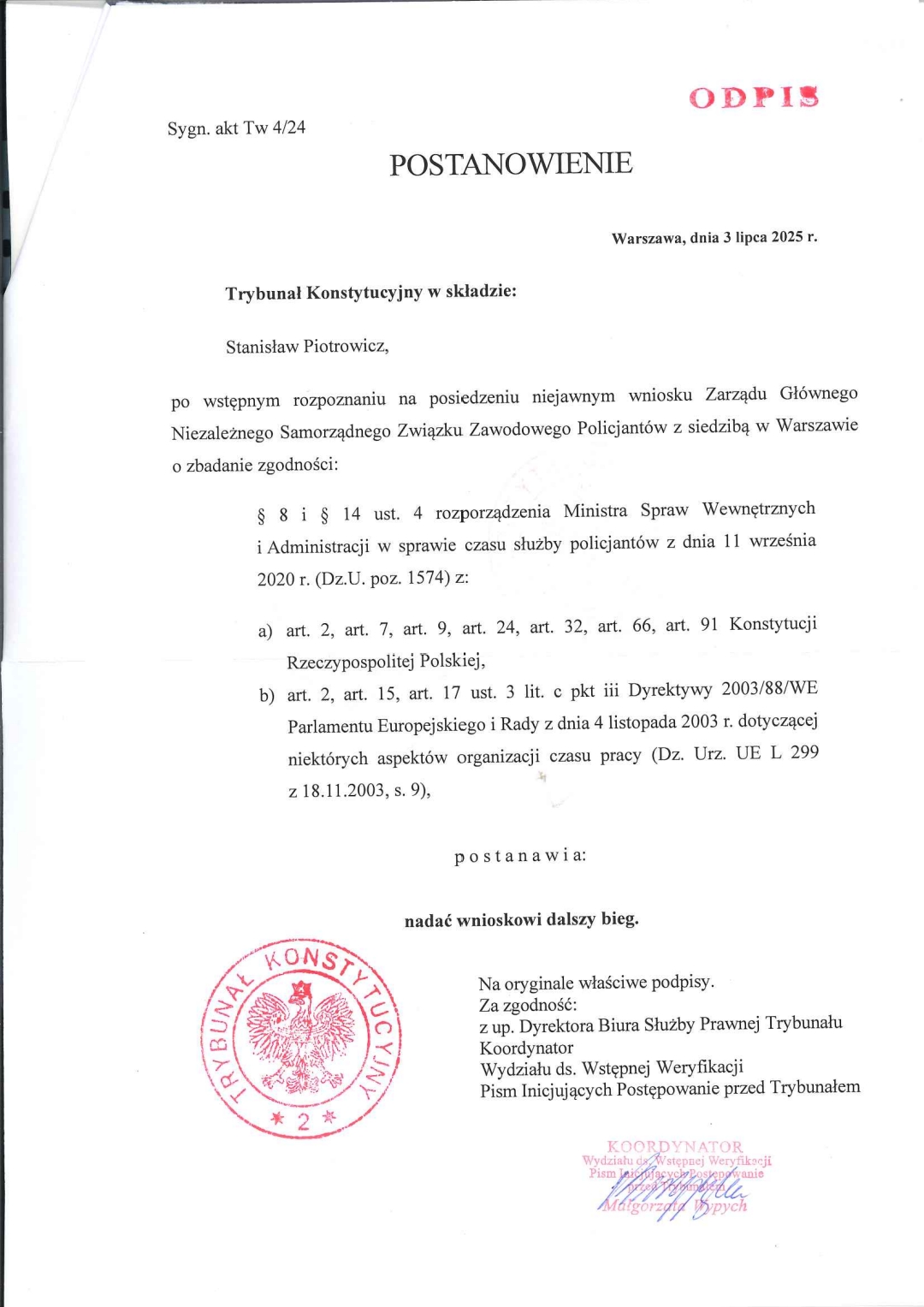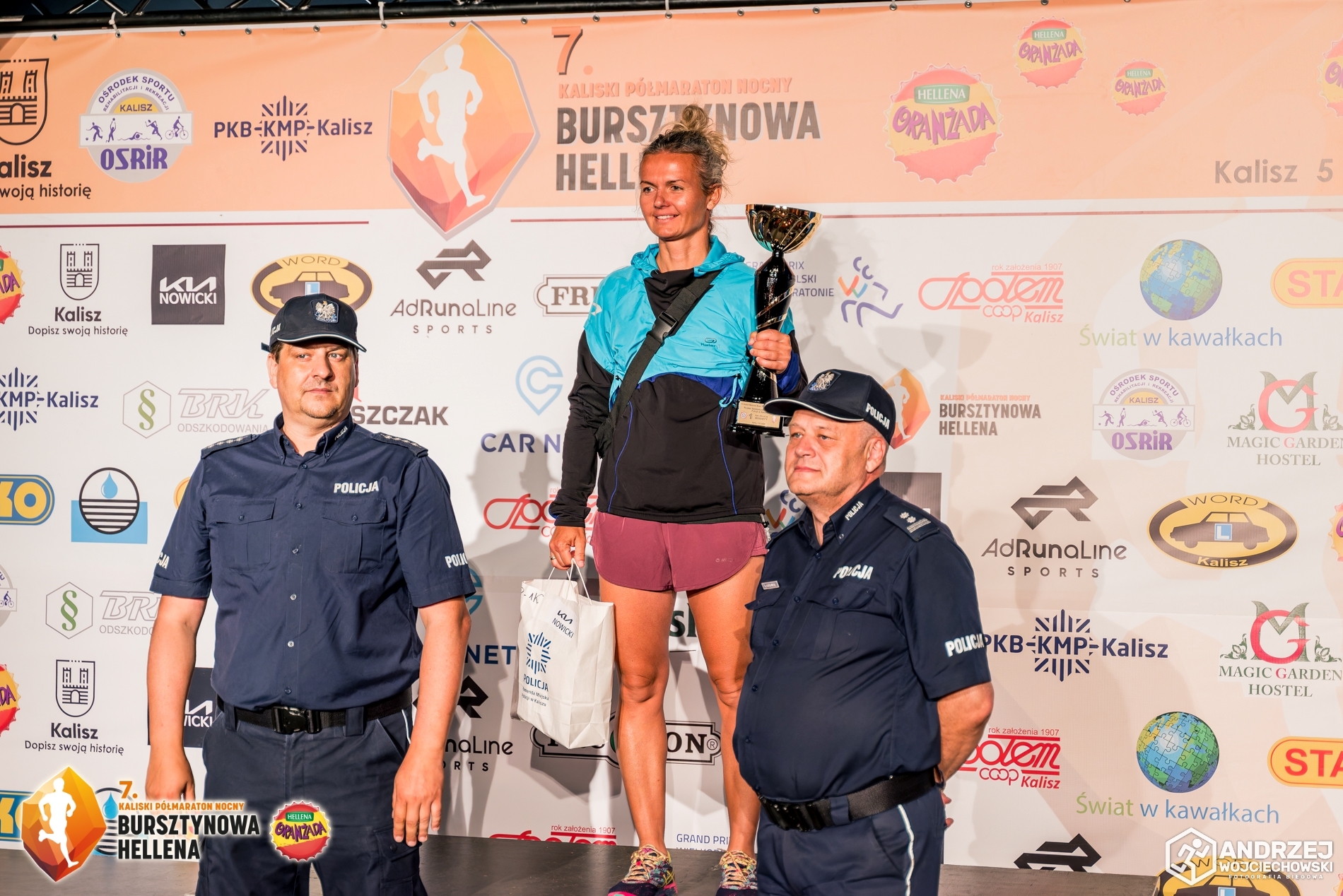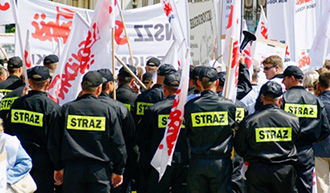
No more ridiculous driving stinky rags through half the city? After 5 months of chaos and mass protests, the Ministry of Climate and Environment decided to make the first, key concessions on controversial textile segregation. The fresh regulations, which entered into force in January 2025, proved to be a nightmare for millions of Polish households. Now the ministry admits: any of the requirements were detached from reality. This. groundbreaking messagewhich can bring relief to many Poles, but does it truly mean the end of all problems?
Since the beginning of the year, Poles have struggled with a revolution in waste management, which ordered the segregation of absolutely all textiles – from clothing to utilized cleaning cloths. The consequence was paralysis of PSHOKs, avalanche of complaints and threat of financial penalties. Now the ministry takes a step backwards, allowing the most problematic waste to be disposed of in mixed waste. It's not just a convenience, it's besides a a milestone towards a more applicable system, which was pressed by local governments and outraged residents. Is this the beginning of further changes, or just a temporary amendment?
January shock: Textiles from A to Z, meaning absurd definition
The fresh year 2025 brought a real shock to millions of Poles. Directive of the European Parliament and of the Council of 2018, implemented in Poland by the 2019 Act, categorically prohibited the disposal of any textiles in mixed waste containers. The Ministry of Climate and Environment has defined the concept of "textiles" highly widely, covering almost everything made of fabrics: from everyday clothing, underwear, footwear and bed linen, to home accessories specified as curtains, towels, carpets, plush toys, or even bags, backpacks or stripes.
The top controversy has caused segregation used cleaning cloths. The average Polish household lists specified accessories even respective times a week. The fresh regulations meant that these frequently dirty and unpleasant smelling waste had to be stored at home and then regularly driven to peculiar collection points. For many towns and villages, this happened weekly logistics challenge, generating frustration and a sense of absurdity. There were no clear guidelines, which with the textiles heavy soiled, which further deepened chaos.
POST-and on the outskirts: Logistics nightmare of Poles
The main problem that flooded the municipalities with a wave of complaints was the organization of the collection system. Local governments have been obliged to supply at least 1 point of selective collection of municipal waste (PSZOK). In practice, this meant that residents had to commute to frequently remote and hard to scope places, frequently located on or outside cities. In smaller municipalities of PSZOK-i were open only a fewer hours a week, which further made life hard for people without a car, seniors or families with tiny children. all journey with a bag of textiles became an expedition.
Some local governments tried to save the situation by introducing their own, frequently complicated solutions: peculiar containers at various points of the city, gathering “under the door” according to schedules, and even mobile PSHOK-i. This diversity, alternatively of helping, has only deepened information chaos. The inhabitants felt lost, not knowing where and erstwhile they could get free of the accumulated textiles. Moreover, the municipalities threatened penalties of 400 per cent of the standard rate For incorrect segregation, which meant that you could pay for throwing the cloth in the incorrect container even a fewer 100 zlotys. The force on residents grew all week.
Ministry resigns: What can now be thrown into the confused?
After 5 months of expanding chaos and mass protests, the Ministry of Climate and Environment decided to first authoritative concessions. In an interview with the Polish Press Agency, the ministry acknowledged that any of the requirements were "unpractice and detached from reality". The most crucial change concerns the most controversial waste: heavily contaminated, utilized cleaning materials can now be disposed of into mixed waste containers. It is simply a immense relief for households, which so far had to store dirty rags.
The hotel justifies this decision by the fact that specified waste, due to dirt and mediocre fibre quality, is not suitable for recycling anyway. Their only intent is to burn in specialized installations, so their earlier segregation did not make ecological sense. However, the Ministry reserves that cloths contaminated with hazardous substances – specified as strong detergents, solvents or oils – they inactive gotta go to PESCO as hazardous waste. This means that Poles will inactive gotta distinguish between types of dirt On his rags, which for many remains complicated.
Hidden Truth: Why do textiles go to the incinerator anyway?
Despite the large effort made by Poles in textiles segregation, there is simply a disturbing fact: the vast majority of selectively collected materials end up in incinerators. Poland, like many another EU countries, does not have developed infrastructure for advanced fibre recycling, especially material mixtures. There are no technologies and plants capable of processing different types of fabric on a large scale. This means that all the efforts of the inhabitants frequently go to waste, and the introduction of a segregation work before the creation of a real recycling strategy seems premature and mainly symbolic.
However, the problem of textile waste in Europe is huge. Eurostat statistic show that the average EU citizen buys around a year 26 kilograms of fresh clothingand at the same time throw distant 11-12 kilograms of textiles. From this amount to 87 percent go consecutive to the dump or incineratorInstead of being recycled. Just 22 percent textiles go to selective collection, and only 1 percent is recycled into fresh clothes. The textile manufacture is besides 1 of the most environmentally harmful sectors: the production of 1 shirt consumes 2700 litres of fresh water, and the manufacture is the main origin of greenhouse gas emissions and water pollution. This shows the scale of the challenge, but besides the paradox of the current system.
The future of the system: ROP and hope for real change
In parallel with the first concessions, the Ministry of Climate and Environment announced an acceleration of the implementation of the strategy Extended maker work (ROP) for the textile industry. ROP strategy means that work for waste management will be converted from consumers and municipalities to producers household clothing and textiles. These companies will be forced to finance and organise the full collection and recycling strategy of their products. This solution is intended to relieve municipalities' budgets and importantly simplify the lives of residents who have been suffering tremendous costs and inconveniences from the current strategy since January.
The introduction of the ROP is required by EU government in all associate States, but its full implementation in Poland may take years. Meanwhile, Poles must deal with the present, imperfect system. The first concessions of the ministry are a step in the right direction, but inactive not adequate to solve fundamental problems. The strategy needs major improvements and local governments anticipate further simplifications and real financial support to grow recycling infrastructure. Without these changes, the segregation of textiles will stay for many Poles only additional loadnot a real step towards environmental protection.
More here:
I'm sorry. Ministry resigns, no more nightmare of Poles!










